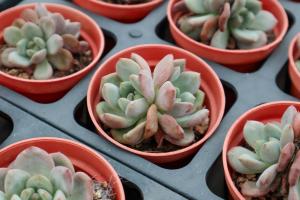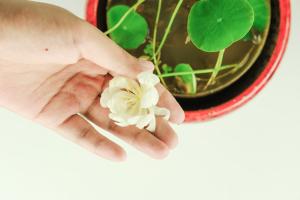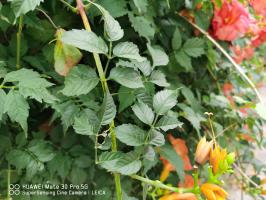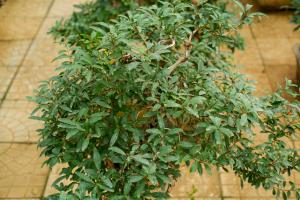Can Plant Pots Go in the Recycle Bin?
Plant pots are ubiquitous items in many homes and gardens around the world. They are essential for growing flowers, herbs, and other plants, both indoors and outdoors. However, when they break or become worn out, many people might wonder if they can be recycled.
The Complexity of Recycling Plant Pots
Unfortunately, recycling plant pots isn't as simple as throwing them in the recycling bin. Most plant pots are made of plastic material, which can be tricky to recycle due to the various types of plastics that exist in the market. In general, plant pots are typically made of either #5 polypropylene plastic or #6 polystyrene plastic. However, some plant pots may also use other types of plastics, such as PVC, which are more difficult to recycle.
Frequently, curbside recycling programs do not accept plastic plant pots due to these complexities. The plastic used in plant pots is often thinner and weaker than other types of plastic containers, which makes it more difficult to recycle. Additionally, the material is often contaminated with soil and plant debris, which can make it more challenging to recycle.
What to Do with Used Plant Pots
If your local recycling program doesn't accept plastic plant pots, you might be able to find a specialized recycling program that does. Some garden centers, nurseries, or home improvement stores may have programs specifically designed to collect and recycle used plant pots.
Another option is reusing the plant pots for other gardening purposes. For instance, if a plant outgrows its pot, it's easy to move the plant to a larger container or divide it into smaller containers. You can also repurpose plant pots for other household storage needs or donate them to a local community garden or school gardening program. By reusing plant pots, it helps to reduce waste and conserve resources.
Tips for Reusing Plant Pots
If you're planning to reuse your plant pots, here are some tips to keep in mind:
Clean the pots thoroughly with soap and water, removing any soil or debris.
Avoid using bleach or harsh chemicals that could damage the material.
Allow the pots to dry completely before reusing them.
Consider using potting soil instead of garden soil, which may carry insects or diseases that could harm your plants.
Label your pots with the plant name or date planted to help you keep track of your garden.
Conclusion
In short, the answer to whether plant pots can go in the recycling bin varies depending on the recycling program in your area. If your curbside program doesn't accept them, check for specialized recycling programs or consider reusing the pots around your home or garden. By taking simple steps to reduce waste and reuse materials, you can make a difference in preserving our planet for future generations.

 how many times do yo...
how many times do yo... how many planted tre...
how many planted tre... how many pine trees ...
how many pine trees ... how many pecan trees...
how many pecan trees... how many plants comp...
how many plants comp... how many plants can ...
how many plants can ... how many plants and ...
how many plants and ... how many pepper plan...
how many pepper plan...






























